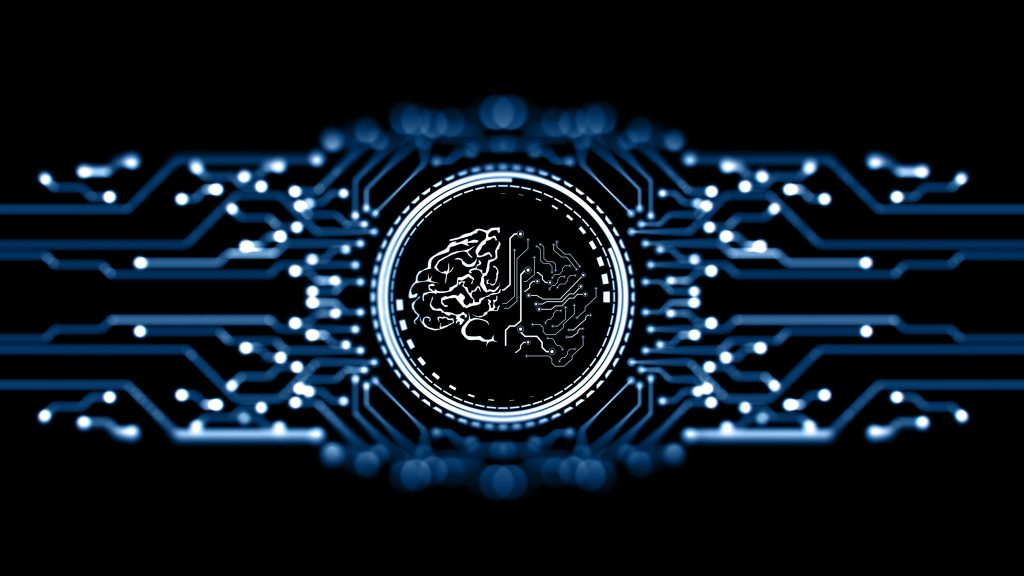Introduction to Artificial Intelligence (AI)
Artificial Intelligence, or AI, is more than just a buzzword. It’s transforming the way we live and work, influencing everything from healthcare to finance. As machines become smarter and more capable, they’re reshaping entire industries and redefining human potential. However, with great power comes great responsibility. The rapid rise of AI technology brings along a host of ethical challenges that society must grapple with.
As we integrate artificial intelligence into our daily lives, it’s crucial to examine not only its benefits but also the moral implications it presents. Are we prepared for the consequences? Let’s explore this complex landscape together as we navigate through the intricate web of opportunities and concerns surrounding artificial intelligence today.
The Rise of AI and Its Impact on Society
The rise of artificial intelligence has reshaped various aspects of daily life. From virtual assistants on smartphones to complex algorithms predicting market trends, AI is everywhere.
This technology streamlines processes and enhances productivity in numerous industries. Businesses leverage AI for data analysis, improving customer experiences while reducing operational costs.
However, the societal impact isn’t solely positive. Job displacement emerges as machines take over tasks once performed by humans. This shift raises questions about employment sustainability and workforce retraining.
Moreover, the accessibility of AI tools can deepen existing inequalities. Not everyone has equal access to advanced technologies or education that harnesses their potential.
As we embrace this digital transformation, it’s vital to consider both opportunities and challenges presented by artificial intelligence in our society. Balancing innovation with ethical considerations will determine how well we adapt to these changes moving forward.
Ethical Concerns Surrounding AI
Artificial intelligence poses significant ethical challenges that demand our attention. As AI systems become more integrated into daily life, the decisions they make can have profound effects on individuals and communities.
One major concern is the lack of human oversight in automated processes. When machines operate independently, there’s a risk they could reinforce existing biases or misinterpret data without accountability.
Another pressing issue revolves around job displacement. With automation on the rise, many fear technology will outpace efforts to create new employment opportunities, leading to economic inequality.
Furthermore, ethical dilemmas arise regarding decision-making in critical areas like healthcare and law enforcement. The stakes are high when algorithms determine outcomes that affect lives directly.
Navigating these concerns requires collaboration among technologists, ethicists, and policymakers to ensure AI development aligns with societal values while safeguarding individual rights.
Bias in Artificial Intelligence Algorithms
Bias in artificial intelligence algorithms is a pressing concern. Algorithms learn from data, and if that data reflects historical prejudices or societal inequalities, the AI systems can perpetuate these issues.
For instance, facial recognition technology often misidentifies individuals from minority groups. This discrepancy raises alarms about fairness and justice in applications like law enforcement.
Moreover, biased hiring tools may favor certain demographics over others. Companies risk missing out on diverse talent while unintentionally reinforcing stereotypes.
Addressing this bias requires diligent oversight during development phases. Researchers are exploring methods for auditing algorithms to identify hidden biases before they cause harm.
Transparency in how these systems operate is crucial as well. Users should understand the criteria behind algorithmic decisions to foster trust and accountability within AI technologies.
Privacy and Security Risks with AI Technology
As artificial intelligence technology continues to evolve, privacy and security concerns escalate. AI systems often require massive amounts of data to function effectively. This data can include personal information, which raises significant risks.
Hackers are increasingly targeting AI platforms. They exploit vulnerabilities that may not be apparent in traditional systems. The potential for unauthorized access to sensitive information is alarming.
Moreover, the use of AI in surveillance can infringe on individual privacy rights. Facial recognition technologies identify people without their consent, leading to ethical dilemmas about monitoring citizens.
Data breaches involving AI tools also pose substantial threats. Once data is compromised, it could be misused for identity theft or fraud. Organizations must prioritize robust security protocols alongside innovative development efforts.
The challenge lies in balancing technological advancement with safeguarding individuals’ rights and freedoms in a rapidly changing digital landscape.
Transparency and Accountability in AI Development
Transparency in AI development is crucial for building trust. Users need to understand how algorithms work and make decisions. When the processes are clear, concerns about manipulation and misuse diminish.
Accountability must accompany transparency. Developers should be held responsible for their creations. This means establishing guidelines that define who is liable when AI systems cause harm or make errors.
Moreover, involving diverse stakeholders in the development process can enhance accountability. By incorporating voices from various backgrounds, potential biases can be identified early on.
Public awareness also plays a key role here. Educating users about AI technologies fosters informed discussions around ethical implications and societal impacts.
Without transparency and accountability, AI risks operating like a black box—one that may not serve humanity’s best interests effectively or ethically.
Potential Solutions for Addressing Ethical Challenges in AI
Addressing ethical challenges in AI requires a multi-faceted approach. One effective solution is the establishment of comprehensive guidelines that prioritize fairness and transparency. These guidelines can help developers create algorithms that minimize bias.
Another essential strategy involves fostering collaboration among diverse stakeholders, including ethicists, technologists, and policymakers. This collective effort ensures that various perspectives are considered during AI development.
Investing in education also plays a crucial role. Training future professionals on ethical standards and responsible AI usage prepares them to navigate complex dilemmas effectively.
Implementing robust auditing processes can enhance accountability within the industry. Regular assessments will not only identify potential issues but also promote continuous improvement in practices surrounding artificial intelligence technology.
Conclusion: The Need for Responsible Implementation of AI
The rapid advancement of artificial intelligence presents both opportunities and challenges. As we integrate AI into various aspects of our lives, the focus must shift toward responsible implementation. It is crucial to address ethical concerns such as bias in algorithms, privacy risks, and the need for transparency.
By fostering collaboration among technologists, ethicists, and policymakers, we can create frameworks that guide the development of AI technologies responsibly. Education around these issues will empower users to understand how AI impacts their lives.
It’s about creating a balance between innovation and ethics. The future of artificial intelligence depends on how well we navigate these complexities today. A commitment to ethical practices will shape a better tomorrow for everyone involved with this powerful technology.













